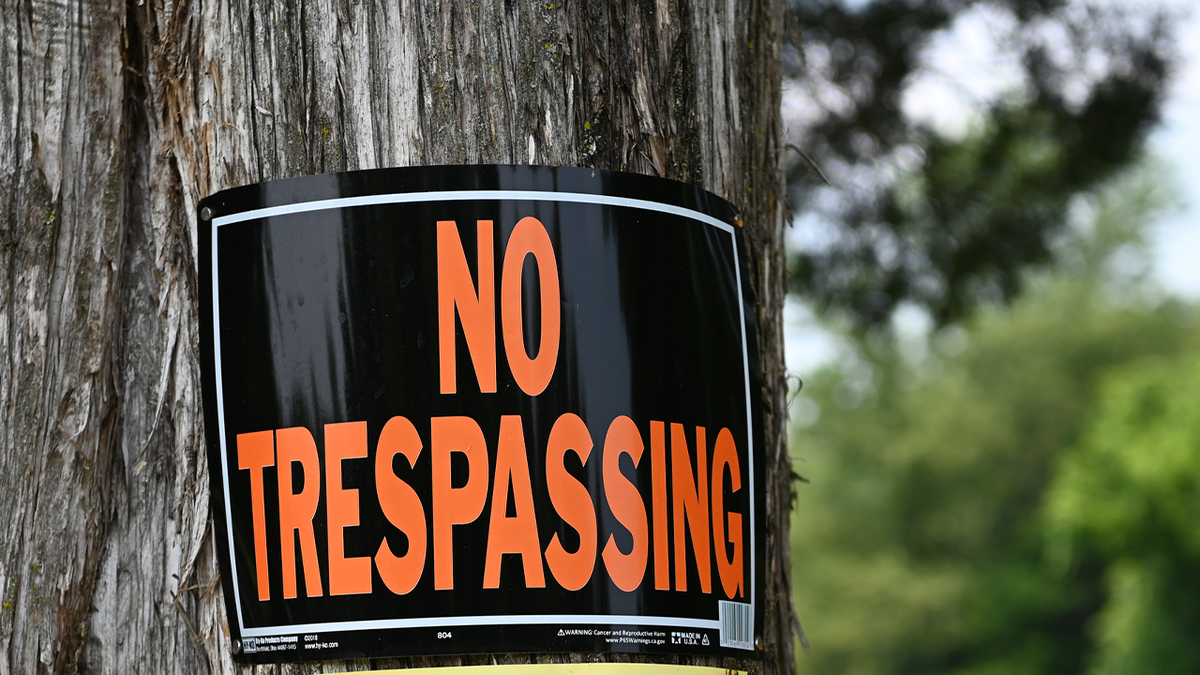In some cases, someone can take possession of your property if they meet specific requirements. The legal term for this is “adverse possession.”
As illegal possessions become rampant in certain communities across the country, Fox News Digital examined how individuals can take over private property under certain requirements, commonly known in the legal field as “adverse possession.”
Adverse possession and squatting issues can occur simultaneously, and usually These are referred to as “squatters’ rights”.,
The issue of adverse possession has also come to light as stories of squatters emerge across the country.
For example, in the case of a squatter, adverse possession can occur either intentionally or unintentionally. An example of unintentional adverse possession would be if a homeowner erects a fence to mark the boundaries of his property, but inadvertently encroaches on his neighbor’s land. The homeowner who erected the fence could later claim unintentional adverse possession of that land.

Many illegal occupancy cases can lead to lengthy court battles. In some cases, illegal occupants can take over land belonging to rightful owners. Because of this, homeowners should be aware of their state’s laws to protect themselves. (iStock)
Each state has different requirements for someone, such as an unauthorized occupant, to take possession of the land under adverse possession. Fox News Digital studied states that have very few requirements for squatters to claim title to property.
Different states set different requirements for this law, including how long the unauthorized occupant has continuously lived on the property and whether he or she has paid taxes.
For example, states like Maine and Massachusetts don’t require a deed or the payment of taxes, but they do require that a person must have lived on the property for 20 years before adverse possession becomes a likely possibility, according to MaineLegislature.gov and Mass.gov, respectively.
According to Iowa’s adverse possession law, Iowa Code 560, et seq., a person only has to maintain continuous possession for five years before ownership is likely.
In California, a claim of adverse possession can be made if a person pays taxes on property they do not own and has lived in for five years, according to FindLaw.com.

Each state has its own set of requirements that a person must meet to make a claim of adverse possession. Some are very simple, while others have many requirements. (iStock)
Then, there are some states where adverse possession law A squatter must have lived on the land for 10 years, and not have to pay taxes or provide any documents or similar documentation. All homeowners should keep an eye on their property to avoid lengthy court battles with squatters, especially in states that only require 10 years (or less) of continuous possession.
5 house occupiers were caught: Know the reason
Mississippi is an example. of any one of these states. However, in Mississippi, the person must pay the tax for two of those 10 years, according to FindLaw.com.
According to legal information websites FindLaw and Nolo, Missouri, Nebraska, New York, Rhode Island, South Carolina, West Virginia and Wyoming are states that only require 10 years of occupancy before you can make a claim of adverse possession.
Each state has its own little details about adverse possession. For example, in Washington, which is another state where a person only needs to live on a property for 10 years to possibly retain legal ownership, although if they have a deed or have paid taxes, only seven years are required, according to WA.gov.

Marking boundary lines with fencing and even placing “No Trespassing” signs can help protect your land from adverse possession claims. (Michael Blackshear/The Washington Post via Getty Images)
Since each state has its own minor terms, it’s important to look up your state’s code or consult a legal professional. Protect yourself as a homeowner.
Other ways you can protect yourself as a property owner include clearly marking your boundary lines. This can be done with fencing or even large plants and trees. If necessary, “No Trespassing” signs can also be helpful.
Click here to get the Fox News app
Always keep an eye on your property. If you are going away for a long period, ask a neighbour or family member to check on it. If you have a rented property, make sure you keep an eye on it regularly.

















